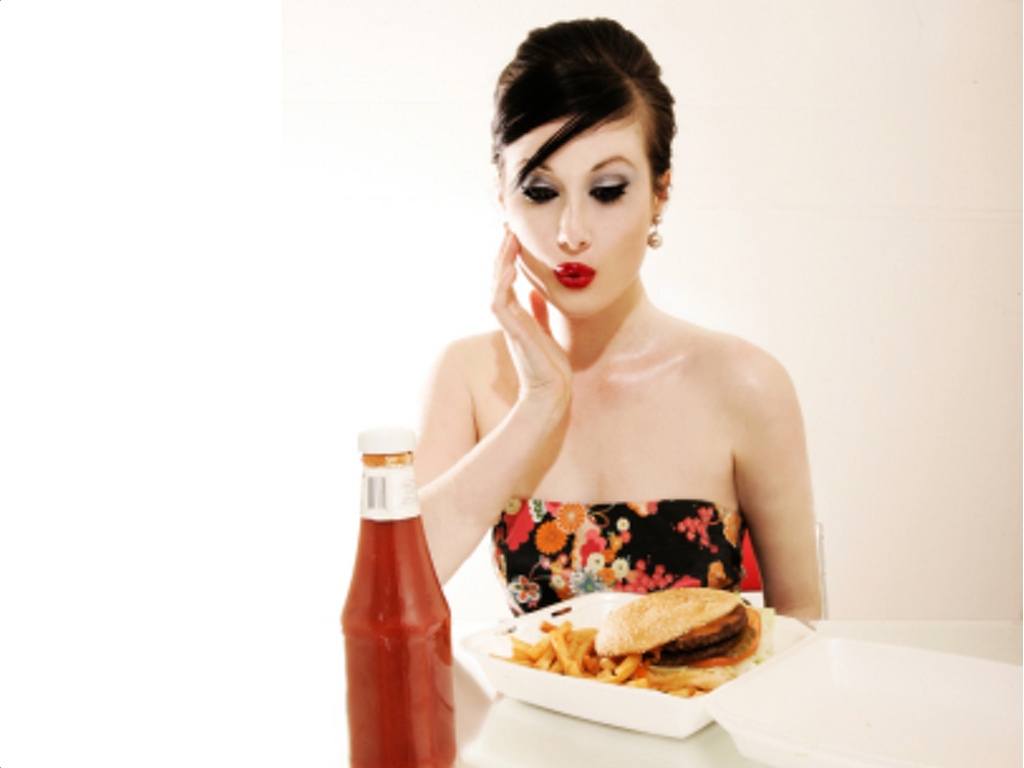Confused about what you should/shouldn’t eat? Are you tired of trying to keep up with the latest diet fad or “must have” superfood? Are you wondering if you have an allergy or intolerance to a particular food? Are you unsure if you should be investing more in organic foods, supplements or that newfangled juice maker? Well, “The Bad Food Bible: How and Why to Eat Sinfully” might just help you with those decisions.
 I’ve just finished reading The Bad Food Bible: How and Why to Eat Sinfully
I’ve just finished reading The Bad Food Bible: How and Why to Eat Sinfully by Aaron Carroll MD, a Professor of Paediatrics and Associate Dean for Research Mentoring at the Indiana University School of Medicine. I have to say I am grateful that someone with the credentials and expertise has finally stood up to talk sense about food.
I spend a lot of time talking to singers about what they should, and should not, eat/drink. Unconsciously I had already been moving towards Carroll‘s way of thinking, it started when I was doing some nutritional literature research during my MSc. Up until now I didn’t feel confident enough to be public about it. Moving forward I shall be using the nutritional guidelines Carroll has outlined in his book.
This does not mean that I won’t be respecting the health needs of singers with medical conditions, allergies or intolerances. (Full disclosure I avoid gluten and milk as they tend to upset my stomach and cause skin issues.) Nor will I be trying to influence those that have made ethical or other preferential food choices. I will be asking more questions, guiding the singer with their own research and recommending a more common sense attitude towards the foods that are often regarded as big no-nos. You will get this once you too understand that sound and unbiased nutritional research does not support the myths that surround many of the foods that are hyped as “bad” for you.

It is obvious that Carroll has spent a lot of time reading the relevant research literature and considering how to deliver his findings without causing a ‘nutrition’ war. Though we all know the reality is he won’t be able to avoid it, nutritionists can be vehement about their beliefs. Much of what he says flies in the face of current day beliefs and practices in the nutritional world. Carroll looks into the research on GMOs, coffee, butter, meat, gluten, alcohol, salt, eggs, diet soda, MSG and non-organic foods. There is a lot of myth-busting throughout. Guaranteed you will be shocked by what Carroll reveals about the efficacy of a lot of nutritional research, the power of caffeine, the nutritional uselessness of organic produce, misunderstood GMOs, the benefits of MSG and more. I have to say I am grateful that as a result of his hard work I do not have to go out and read all those papers!
I found the book easy and enjoyable to read. I believe everyone can benefit from reading it, regardless of whether food preoccupies your day or not. As well as educating you on research and nutrition, I hope that The Bad Food Bible: How and Why to Eat Sinfully will help you and your stomach to feel more sated, and less guilt-ridden!

